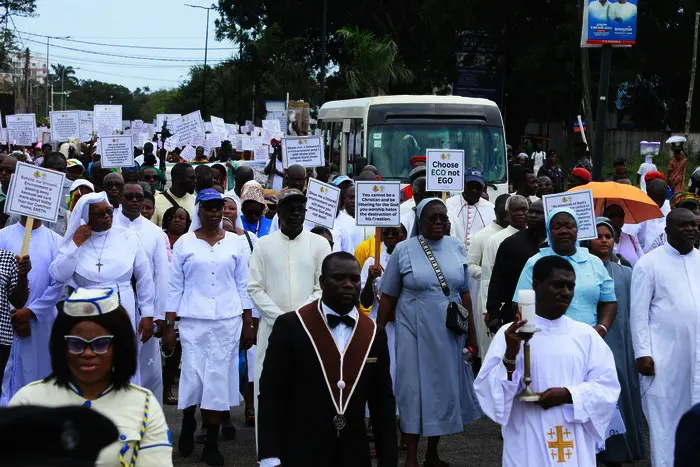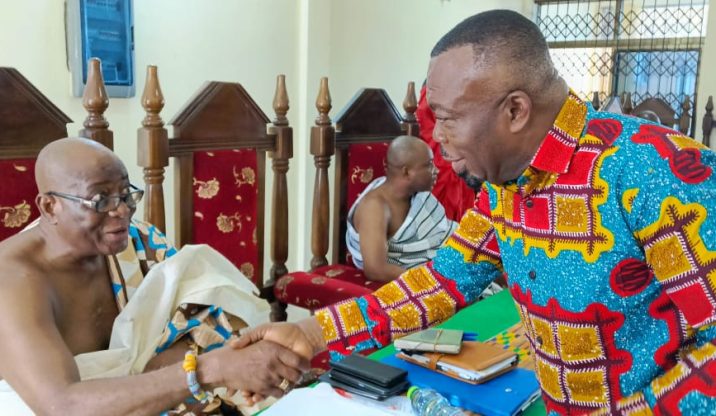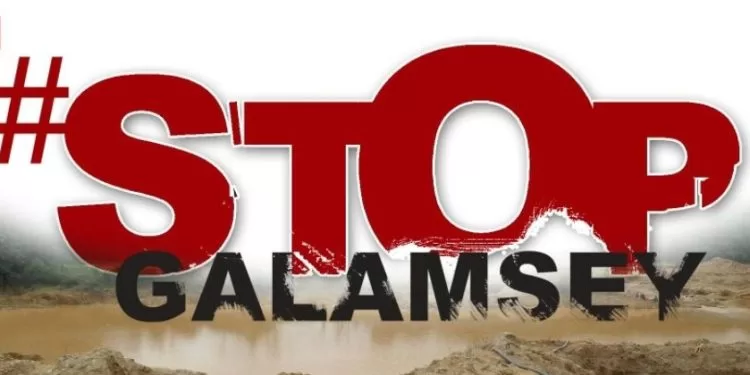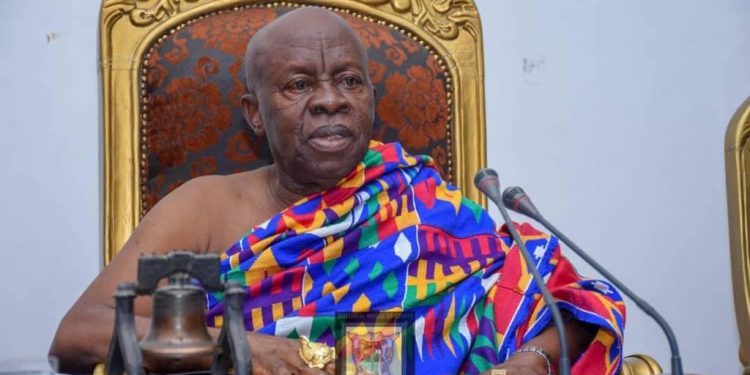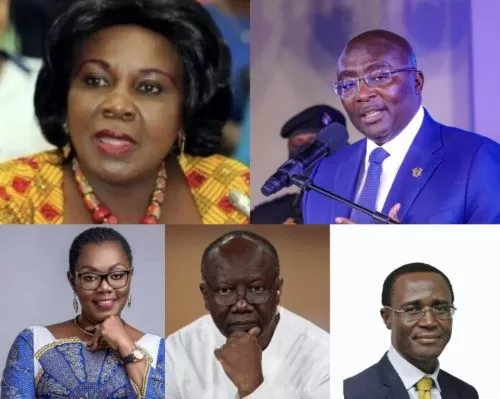The Bank of Ghana (BoG) on November 29th, 2019, released a document justifying the need for the introduction of “higher-value denomination” currency (HVD) notes. The question of whether HVD notes are warranted at any point in time is not a merely conceptual one. It is, in fact, a highly empirical enquiry to be approached from a careful analysis of considerable amounts of data about the proportional use of different notes and the differential costs of security and distribution. One cannot have random opinions about such a subject and expect to be taken seriously. I don’t have any data on the contemporary usage patterns of the different Ghana Cedi (GHS) notes in circulation or about the costs of printing different notes. Like most Ghanaians, therefore, I did not have too much difficulty delegating all thinking about the issue to the fine technocrats at the central bank. Until now. A bunch of controversies arising from the refusal of major supermarkets and even banks to accept the new notes because they lack the means to validate their authenticity compelled me to finally take a look at the BoG’s explanatory documents today. After all, item authentication has been a decade-and-half interest of mine. Having now read the BoG document and subsequent BoG press releases on the subject, I am suddenly completely unsure of my earlier faith in the central bank to do all our thinking for us in this matter. I will simply lay out the worrying things I found and let readers of this blog judge for themselves.
- The most problematic element of the BoG’s analysis is the central reason it offers for introducing the HVD notes. In the very first paragraph of the original Q&A-formatted release, it states as follows:
High levels of inflation and currency depreciation in the past have eroded some of the gains from redenomination. The deadweight burden, reflected in high transaction cost has re-emerged.In this one statement is contained all the alarm bells about the depth of technical preparation that should have gone into this exercise.
- Except in cases of hyperinflation and hyper-depreciation requiring a new currency series, high-value denomination notes are almost never justified by the need to counter or offset routine inflationary pressures over time. For example, when the $100 was first introduced in the US in 1869 (and reintroduced as a federal reserve note in 1914), it was for a time the highest in circulation. In due course, larger denominations surfaced, mostly as a result of wartime and other contingent exigencies. By 1946, a firm decision to stop the issuing of HVD notes had been taken and, by 1969, all currencies higher than $100 were being removed from active circulation to reduce the costs of fighting counterfeiting and money laundering. Today, the $100 bill is worth only $4 if measured against its original value as a result of cumulative inflation. It remains the highest denomination in circulation purely in keeping with contemporary policy. An alternative policy of trying to preserve the face value of the $100 note at the time of the 1969 currency reforms would have required an introduction of $1000 and $2000 bills in the United States, something that cannot be countenanced in today’s anti-terror and anti-narcotics climate.
-
- It is easier to understand the argument when one recalls that in a floating exchange regime, currencies can rise and fall over time. Is the logic here then that should the Ghana cedi strengthen against the USD consistently over time, that would dictate the retirement of the largest of the HVD notes?
-
- Things are even starker in a managed exchange rate regime. Consider this fact. By the time of the 1984 budget, the official cedi – USD exchange rate was 35 cedis to the dollar. Governor J.S. Addo lowered the value to 38.5 cedis to 1 dollar, in a conclusive reversal of the last peg from 1978 (of 2.75 cedis to the dollar) then in effect. Yet, ahead of the latest round of managed devaluations in 1982, the highest note, the 50 cedi note, had been removed from circulation (or “demonetised”) ostensibly as an anti-corruption measure (echoing an earlier currency confiscation in 1979).
-
- When in 1984, the HVD notes of 50, 100, and 200 cedis were introduced (or, in the case of 50 cedi note, reintroduced), with no serious explanation as to why fears of corruption were no longer an issue, the effective worth of the highest-value note was officially $5. By the time of the 1985 budget, it was $3.7. More interestingly, the parallel unofficial, in actual fact market, rate was about 156 cedi/USD suggesting hence that the 50 cedi note that just 10 years earlier had been nominally worth $50 was now worth just 32 US cents ($0.32) whilst the highest circulating note was worth just $1.28. In short, the history of “face value preservation” tactics and politics in Ghana betrays a ridiculous mixture of arbitrariness and confusion. Trying to bulwark the face value of Ghana’s benighted national currency notes against depreciation and inflation trends is clearly to court absurdity, and also distrust in view of this messy track record.
-
- At any rate, the historical record clearly shows that Ghana’s highest-value notes have for the most part generally exchanged for low dollar amounts. In the 1985 to 1990 period, the 500 cedi note moved from $5.5 to $1.5, peak to trough. In the 1990 to 2000 period, the 10000 and 20000 notes emerged as the highest-value notes, yet at their strongest they were about $1.4 and $2.7 respectively.
-
- The dramatic change of affairs represented by the introduction of the 50 Ghana cedi note in July 2007, with its debut value of $54 marking the high point of Ghanaian currency face-value politics in 30 years, was a break with the past precisely because it also marked the start of a new series, effectively a new currency. Such an exceptional development cannot set a precedent for the routine preservation of the currency’s purchasing strength at some arbitrary USD rate by printing larger and larger notes to approximate the continuous appreciation of the highest notes’ nominal value(s).
-
- By the time of the introduction of the 100 and 200 Ghana cedi notes in late 2019, the value of the 50 Ghana cedi note in USD terms was about $9. In comparison with other HVD notes in Ghana’s history, adjusting for both US and local inflation, this amount, as has already been shown above, was big enough.
-
- The largest Nigerian Naira note is exchanged today for $2.75. The largest Kenyan Shilling note is exchanged for $9.91. The largest South African Rand note is exchanged for $13.8. By the time the Government of India removed HVD notes out of circulation due to purported fears about money laundering and crime, the highest Rupee note was exchanging for $14. Simply put, economies comparable to Ghana’s in various characteristics have HVD notes well within the value range of Ghana’s last version, the GHS50 note.

- The largest Nigerian Naira note is exchanged today for $2.75. The largest Kenyan Shilling note is exchanged for $9.91. The largest South African Rand note is exchanged for $13.8. By the time the Government of India removed HVD notes out of circulation due to purported fears about money laundering and crime, the highest Rupee note was exchanging for $14. Simply put, economies comparable to Ghana’s in various characteristics have HVD notes well within the value range of Ghana’s last version, the GHS50 note.



